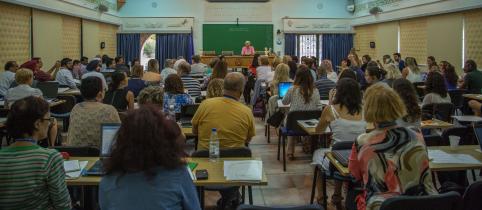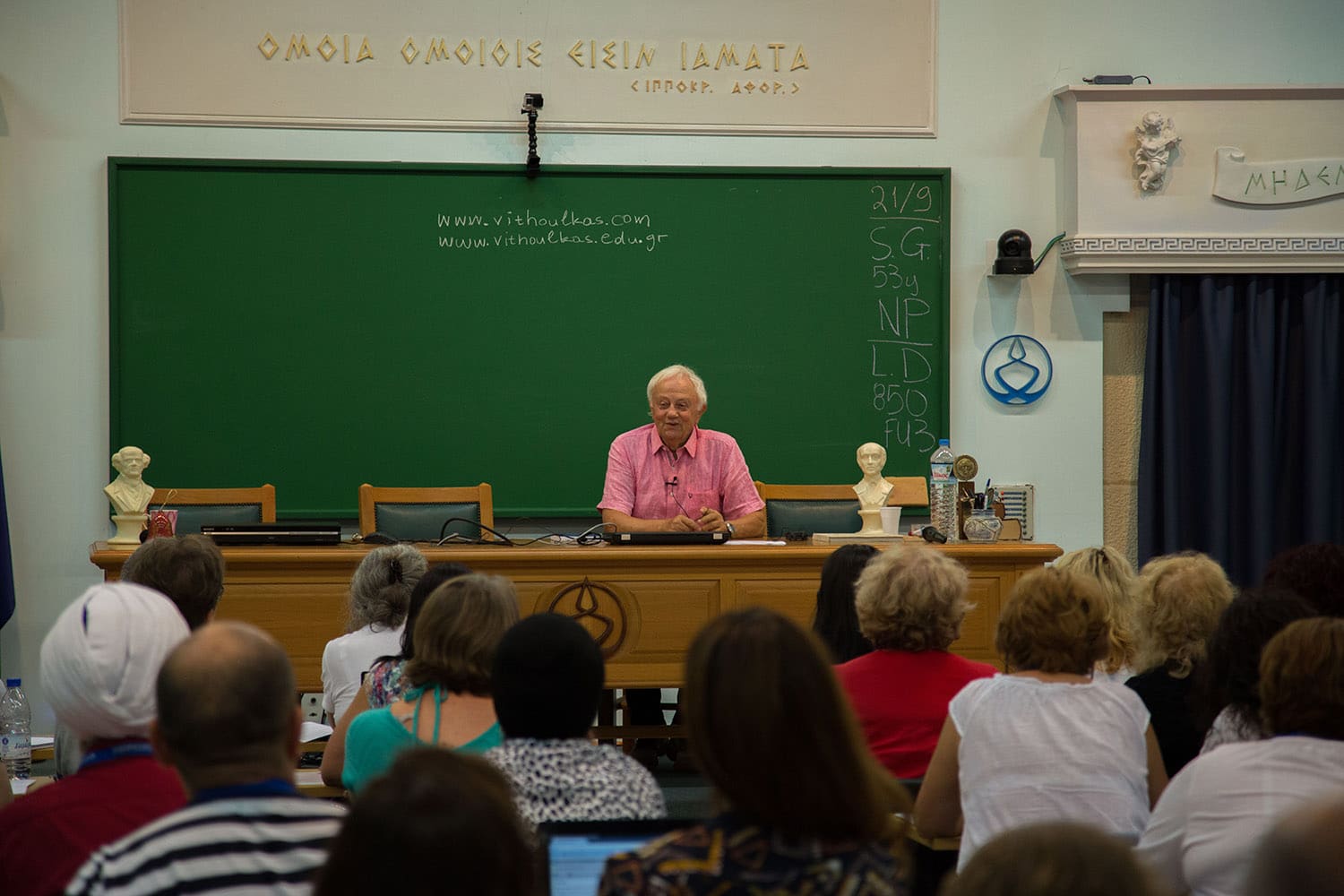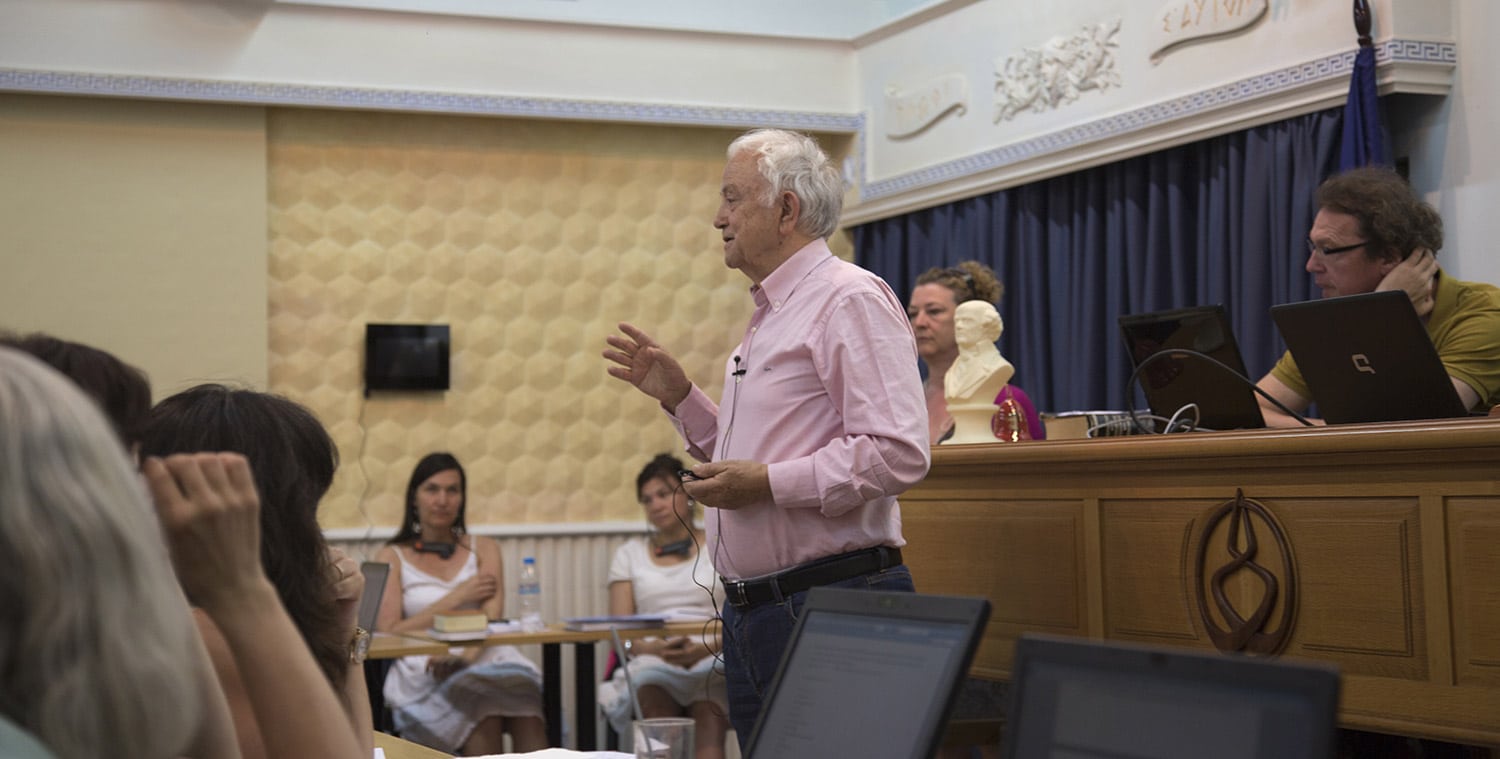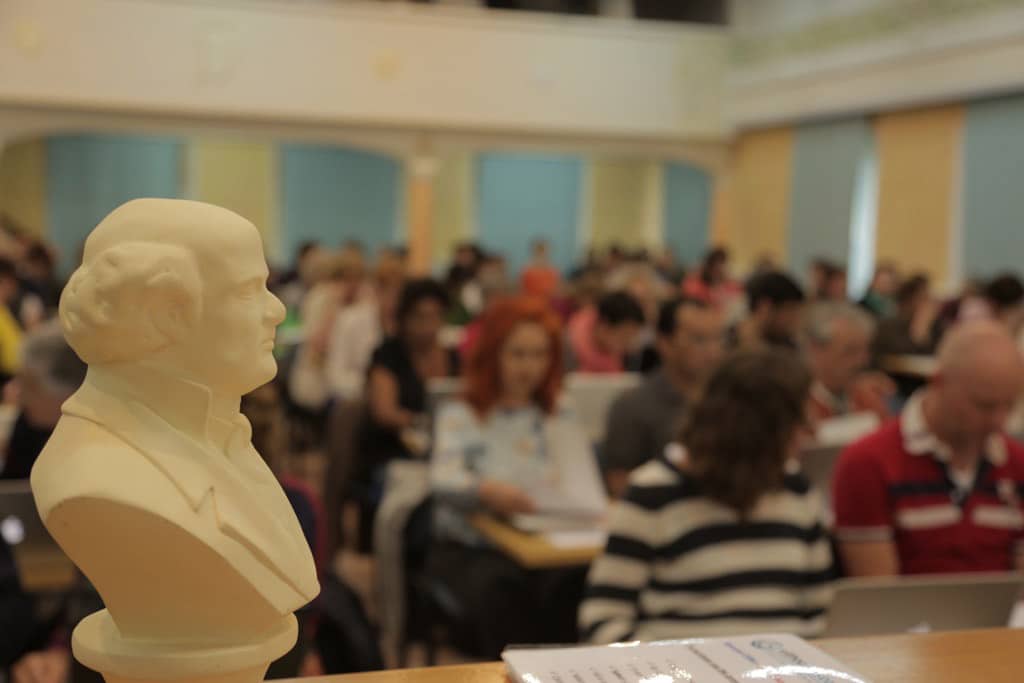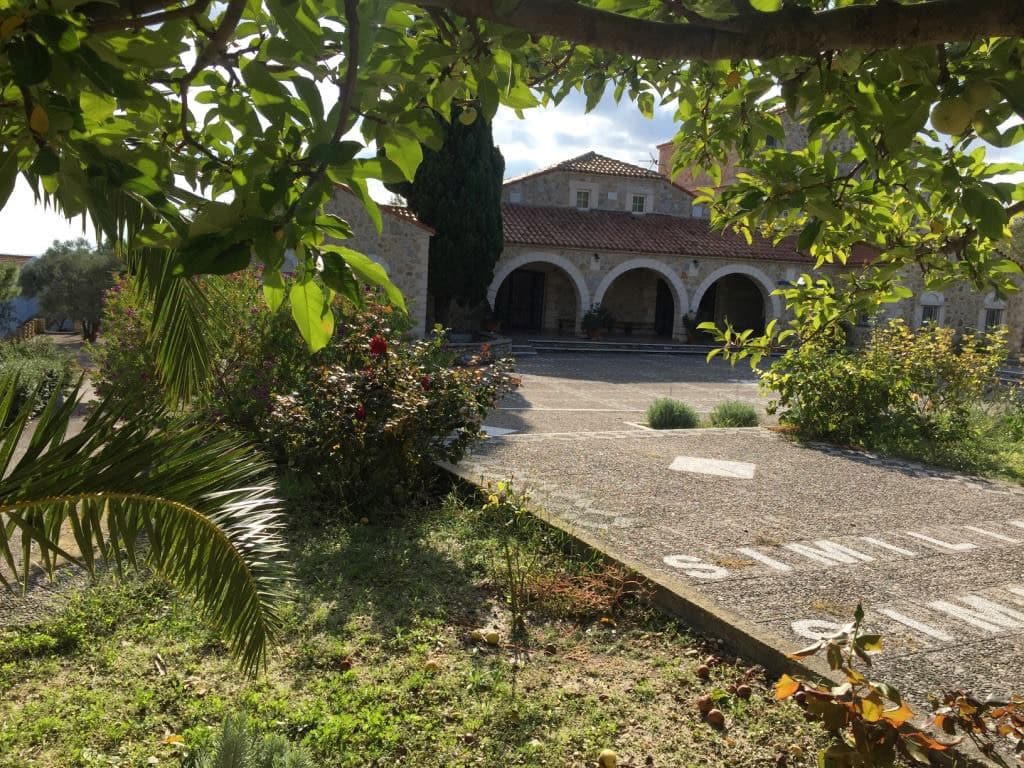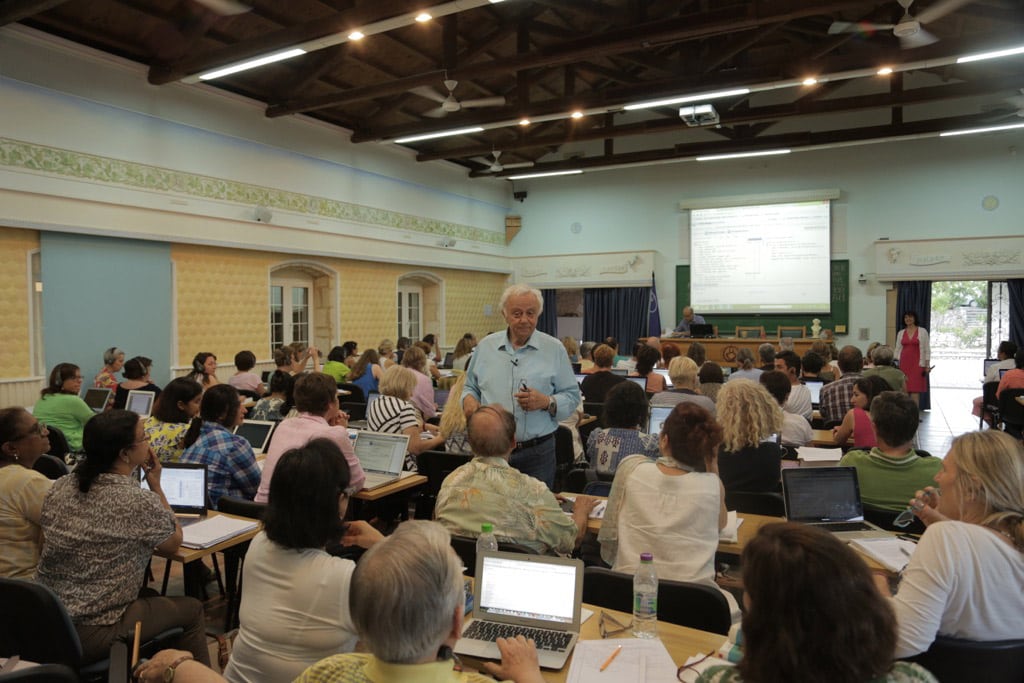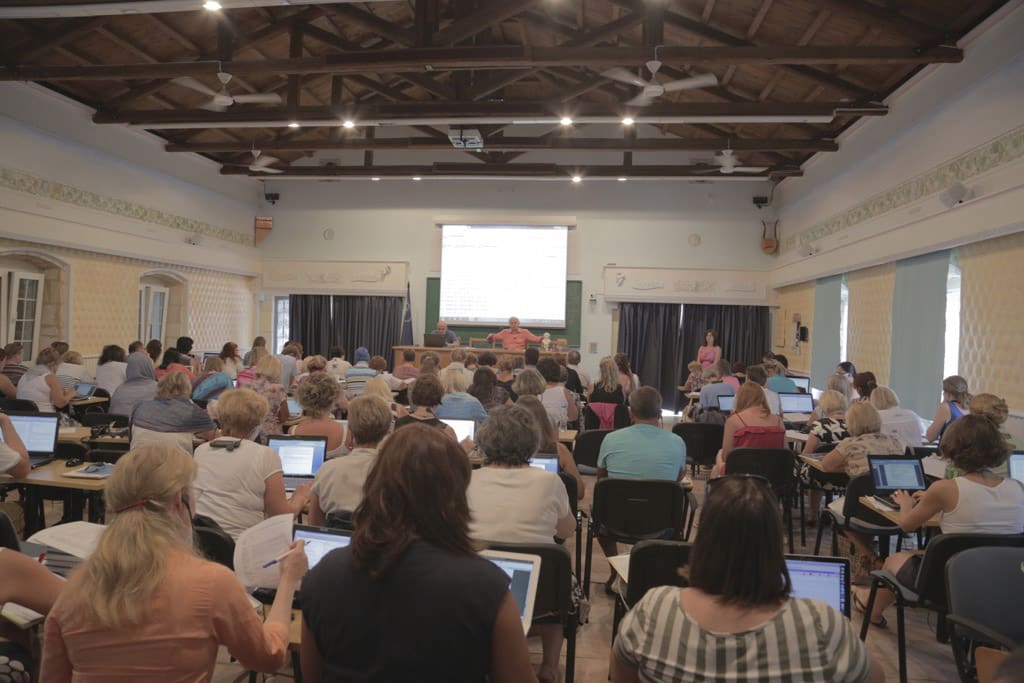The article in your newspaper dated 1 June 2009, “British scientists ask WHO to condemn homeopathy for diseases such as HIV” by Ian Sample, is obviously unbalanced.
Homeopaths never claimed to cure HIV patients, if some crazy people -in the name of homeopathy- make such claims is not a reason for WHO to condemn a therapeutic modality that has helped humanity to suffer much less for more than two and a half centuries.
Comment by George Vithoulkas to the article of Ian Sample in Guardian (1.6.2009)
The article in your newspaper dated 1 June 2009, “British scientists ask WHO to condemn homeopathy for diseases such as HIV” by Ian Sample, is obviously unbalanced.
Homeopaths never claimed to cure HIV patients, if some crazy people -in the name of homeopathy- make such claims is not a reason for WHO to condemn a therapeutic modality that has helped humanity to suffer much less for more than two and a half centuries.
Instead Ian Sample should have asked rather the scientific community, the medical authorities and WHO to impose educational standards for those to want to profess that they are practicing homeopathic medicine.
Giving false impressions that all those hundreds of thousands of deaths are due to homeopathy is not promoting either science or the truth.
Prof. George Vithoulkas
Alternative Nobel Prize, 1996
www.vithoulkas.com
See also:
“British Media attacks on homeopathy: Are they justified?”
“Is Hahnemannian Homeopathy doomed to go into oblivion again?”
“British scientists ask WHO to condemn homeopathy for diseases such as HIV”
Ian Sample, science correspondent.
guardian.co.uk, Monday, 1 June 2009
http://www.guardian.co.uk/science/2009/jun/01/world-health-organisation-homeopathy-hiv
Clinics throughout Asia and sub-Saharan Africa offering ineffective remedies for serious illnesses, putting lives at risk, researchers say
British scientists have appealed to the World Health Organisation to publicly condemn homeopathy as a treatment for serious diseases, such as HIV, TB and malaria.
The researchers, many of whom have worked in developing countries, called on the WHO to act amid fears that vulnerable patients are dying after turning to homeopathic preparations instead of effective medicines.
The WHO works with national organisations that promote homeopathy and other alternative medicines in their public health programmes.
Homeopathy practitioners have opened clinics throughout Asian and sub-Saharan Africa and offer to treat patients with HIV, malaria, influenza and childhood diarrhoea, none of which have been shown to respond to homeopathy. Many patients are told that conventional drugs work only temporarily and that homeopathic preparations are cheap and effective alternatives with fewer side effects.
“Those of us working with the most rural and impoverished people of the world already struggle to deliver the medical help that is needed. When homeopathy stands in place of effective treatment, lives are lost,” the scientists write in an open letter to the organisation.
Homeopathic medicines are made by repeatedly diluting preparations with water until there is no trace left of the original compound. The overwhelming medical opinion is that homeopathic treatments are no more effective than placebos.
“The WHO’s strategy is very unclear on homeopathy and that is shocking. They are supposed to be articulating evidence-based medicine, but their stance is very wishy-washy,” said Dr Daniella Muallem, a biophysicist at University College London, who signed the letter.
“Homeopathy is cheap, but there is no evidence that it works for these diseases, and the way they are being sold by practitioners is dangerous and completely unethical. There are medicines that do work and we should be advocating trying to get those to people,” Muallem added.
According to WHO estimates, 33 million people were living with the HIV virus at the end of 2007, and during that one year, 2 million people died of Aids, including 270,000 children. Two-thirds of the world’s HIV cases are in sub-Saharan Africa.
The organisation recorded 247 million cases of malaria and nearly 1 million deaths in 2006. A child dies of the disease every 30 seconds.
In the letter, early career medics and researchers from the Voice of Young Science network highlight homeopathy projects in Kenya, Tanzania, Ethiopia, Ghana and Botswana that all offer to treat patients with HIV, malaria, diarrhoea or the flu.
“Many people in developing countries urgently need access to evidence-based medical information and to the most effective means of treating these dangerous diseases. The promotion of homeopathy as effective or cheaper makes this difficult task even harder. It put lives at risk, undermines conventional medicine and spreads misinformation,” the letter says.
Raymond Tallis, emeritus professor of geriatric medicine at Manchester University, said: “The catastrophic consequences of promoting irrational and ineffective treatments for serious illnesses have been demonstrated in South Africa, where Thabo Mbeki’s policies have led to an estimated 365,000 unnecessary premature deaths. The prospect of replicating this reckless behaviour elsewhere in developing countries by advocating homeopathic treatments for AIDs and other potentially lethal conditions is appalling.”

